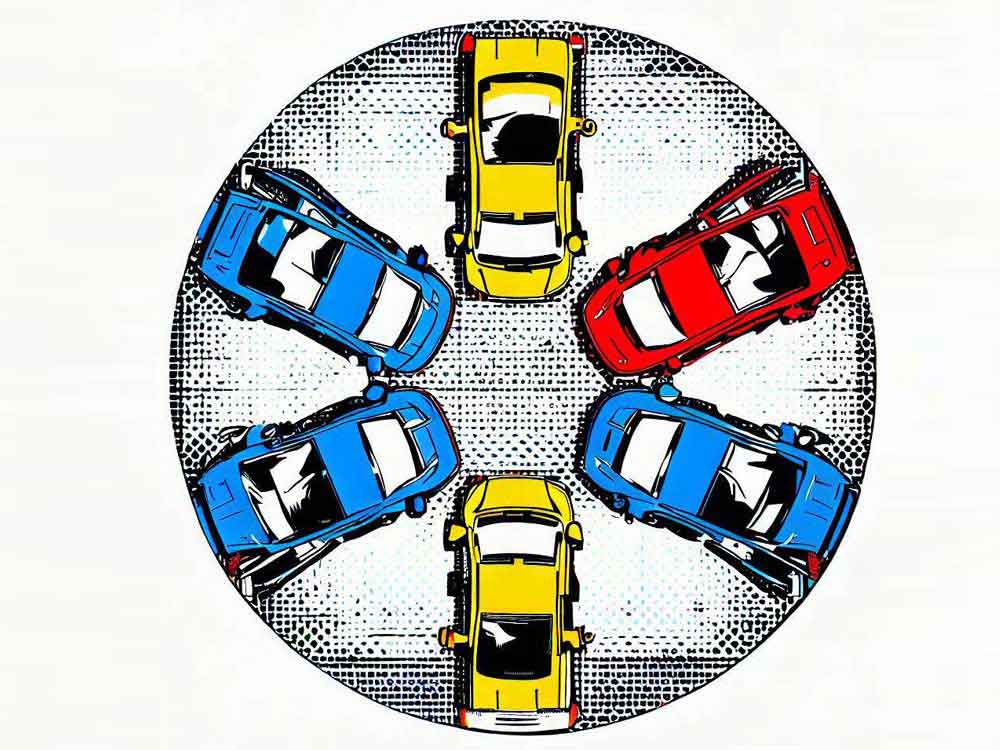Introduction
Is Breakdown Cover Worth It?
Driving on the UK’s bustling roads?
Ever found yourself pondering the value of car breakdown cover?
Now, imagine this: Stranded on the side of a busy motorway, rain pouring, cars zooming past.
- Firstly, the financial implications of not having breakdown cover.
- Secondly, the peace of mind with protection.
- Additionally, benefits for specific groups, like frequent travelers.
- Lastly, pros and cons of European breakdown cover.
The Importance Of Being Prepared: Highways England’s Data
Seen Highways England’s recent report?
It painted a startling picture.
With over 224,000 car breakdowns, incidents aren’t rare.
Now, picture being one of them on a chilly winter night.
Moreover, it’s not just about having a spare tyre.
Furthermore, it’s ensuring you’re not stranded without help.
A Costly Necessity Or A Wise Investment?
Think owning a car in the UK is pricey?
On top of that, add tax, MOT, fuel, and those repair bills.
Considering another cost, like breakdown cover, seems excessive, right?
But, on the other hand, consider this:
Compare a potential £250 mechanic call-out to a £50-£100 annual breakdown cover fee.
So, the maths is simple, isn’t it?
In contrast, one incident without cover can cost thrice the yearly breakdown cover subscription.
Therefore, it looks less like a luxury and more like a financial decision.
Where To Look
However, wait a second.
You might already be covered.
Many car insurance policies offer some breakdown cover.
And, surprisingly, that’s not the only source.
Possibly, got a premium bank account?
It might come with breakdown services.
Some car manufacturers even throw in a year or two of breakdown cover with a new purchase.
Thus, it’s always worth a look.
Why pay twice for the same service?
The Ideal Candidates
Is breakdown cover for everyone?
While it has its merits, assess its value based on your situation.
For instance, living in a city and driving short distances?
Or, conversely, reliant on your car in the countryside?
Also, think about your car’s age.
Older cars break down more often, right?
Especially if you’re a frequent long-distance traveler.
The more road time, the higher the risk.
Breakdown cover isn’t one-size-fits-all.
It’s about your needs, risks, and potential costs.
Hence, informed decisions offer peace of mind, safety, and wise financial choices.
European Breakdown Cover: Crossing Borders?
Planning a scenic drive through the French Riviera or a tour of the German autobahn?
But firstly, there’s something you might’ve overlooked: European breakdown cover.
It’s distinct from the standard UK cover, you see.
Importantly, when abroad, unfamiliar roads and rules can prove challenging.
Plus, consider the language barriers. Speaking fluent car jargon in English is one thing, but in French or German? That’s another ball game.
So, while the UK cover could help locally, it’s not universally valid.
Thus, if your travels often lead you to continental Europe, it’s certainly worth considering an additional European cover.
Do You Really Need It? Weighing The Odds
Here’s a curveball: Not everyone might need breakdown cover.
Surprised?
Let me elucidate.
If you’ve got a brand-new car, the odds of a sudden malfunction are pretty slim. Similarly, for those who hardly venture beyond their local supermarket, the perceived need drops further.
Furthermore, certain occupations provide added assistance. Heard of teachers getting school assistance for on-site breakdowns?
Then there’s the geographical element.
If you’re in a bustling city like London, the likelihood of nearby assistance is high.
However, traverse the remote Scottish Highlands, and the narrative changes.
Hence, while having a cover is universally beneficial, its degree of necessity varies.
Peace Of Mind: The Intangible Benefit
Above all, the psychological comfort breakdown cover provides is unparalleled.
Ever been on a long journey, kids in the back, and thought, “What if?”
That niggling worry? It dissipates with breakdown cover.
Sure, finances matter.
But the assurance that you’re not alone, even in the dead of night, on a desolate road? That’s priceless.
Especially if safety is a top priority.
Breakdown cover, in essence, is about marrying practicality with peace of mind.
While cost-saving is a tangible benefit, the intangible ease it brings to every drive? It’s arguably its most significant selling point.
So, is breakdown cover worth it?
Given the facts and potential scenarios, it seems like a resounding yes for most.
However, it’s pivotal to weigh personal circumstances, car condition, and driving habits before making the final call.
Conclusion
Making the Smart Choice for Your Needs
Breakdown cover isn’t a legal requirement, but its value shouldn’t be underestimated.
Whether it’s avoiding costly call-out charges, getting support in remote areas, or ensuring help is at hand for that European road trip, the benefits are tangible.
Check if you already have cover, consider your vehicle’s age and your travel habits, and weigh the pros and cons.
And remember, peace of mind comes with knowing you’re covered, no matter what the road throws your way.
Remember, every driver’s situation is unique. Your need for breakdown cover might differ from another’s, but the essence of being prepared and secure on the road remains universally beneficial.
Safe travels!
Discover more about car insurance options on our blog, and don’t forget to check out our tips for young drivers and information on electric vehicle insurance.
Ever thought about car modifications? But which should you declare?
Is your car insured? Here’s how to check if it is.
Are there hidden truths in business car insurance you should know?
What should every car buyer include with their purchase? Guide to include insurance now.
Check out our guide on different car insurance options for more insights.





